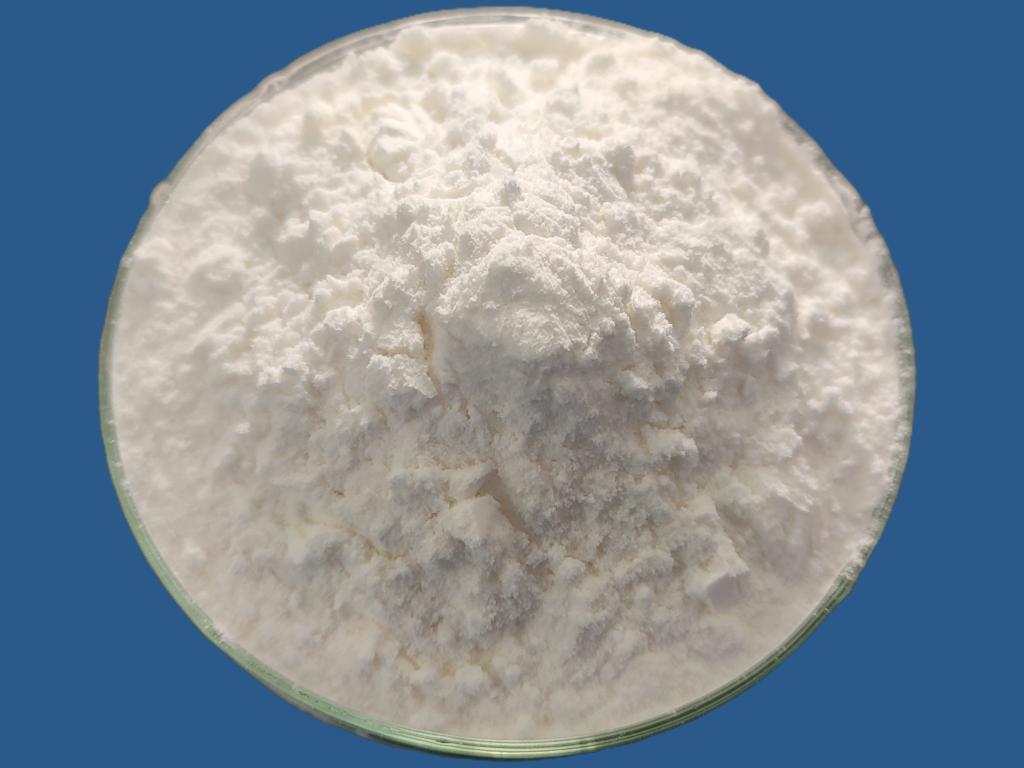Tel:+8618231198596

News
 CONTACT
CONTACT
 CONTACT
CONTACT
- Linkman:Linda Yao
- Tel: +8618231198596
- Email:linda.yao@dcpharma.cn
- Linkman:CHARLES.WANG
- Department:Overseas
- Tel: 0086 0311-85537378 0086 0311-85539701
News
Current Position:
Home >
News
>ε-Polylysine hydrochloride: A natural solution for enhancing food safety.
ε-Polylysine hydrochloride: A natural solution for enhancing food safety.
TIME:2024-04-26
1. Properties of ε-Polylysine Hydrochloride
ε-Polylysine hydrochloride is a cationic polypeptide composed of multiple lysine residues linked by peptide bonds. It is produced by fermentation using lactic acid bacteria and is generally regarded as safe (GRAS) for use in food products. ε-Polylysine hydrochloride exhibits broad-spectrum antimicrobial activity against a wide range of bacteria, yeasts, and molds, making it effective in inhibiting the growth of spoilage and pathogenic microorganisms.
2. Enhancing Food Safety
One of the primary applications of ε-Polylysine hydrochloride is in enhancing food safety by controlling microbial contamination. Its mechanism of action involves disrupting microbial cell membranes, leading to cell lysis and inhibition of growth. By incorporating ε-Polylysine hydrochloride into food products or applying it as a surface treatment, food manufacturers can reduce the risk of foodborne illness and extend the shelf life of their products without the need for synthetic preservatives.
3. Applications Across Various Food Categories
ε-Polylysine hydrochloride has applications across a wide range of food categories, including dairy, meat, seafood, bakery, and beverages. In dairy products such as yogurt and cheese, ε-Polylysine hydrochloride can inhibit the growth of spoilage bacteria and molds, thereby extending shelf life and maintaining product quality. In meat and seafood products, ε-Polylysine hydrochloride can control pathogens such as Listeria monocytogenes and Salmonella spp., reducing the risk of foodborne illness. In bakery products, ε-Polylysine hydrochloride can prevent mold growth and improve the freshness and texture of the product. In beverages, ε-Polylysine hydrochloride can inhibit the growth of spoilage yeast and bacteria, preserving the flavor and aroma of the beverage.
4. Impact on Product Quality
One of the key advantages of ε-Polylysine hydrochloride is its ability to enhance food safety without compromising product quality. Unlike some synthetic preservatives, ε-Polylysine hydrochloride is derived from natural sources and is generally well-tolerated by consumers. When used at appropriate concentrations, ε-Polylysine hydrochloride has minimal impact on the sensory attributes of food products, allowing manufacturers to maintain the desired taste, texture, and appearance.
Conclusion
ε-Polylysine hydrochloride offers a natural and effective solution for enhancing food safety without compromising quality. Its broad-spectrum antimicrobial activity, diverse applications, and minimal impact on product quality make it a valuable ingredient for food manufacturers seeking to meet consumer demand for safe and high-quality food products. By harnessing the potential of ε-Polylysine hydrochloride, the food industry can continue to innovate and meet the evolving needs of consumers for natural and clean label ingredients.
- Tel:+8618231198596
- Whatsapp:18231198596
- Chat With Skype







